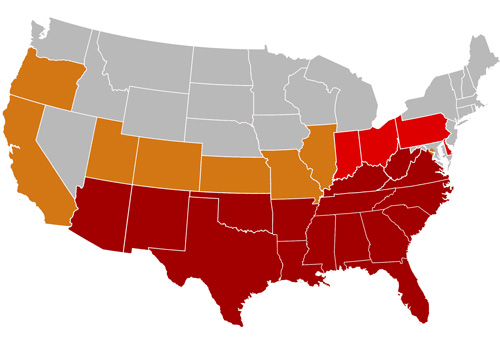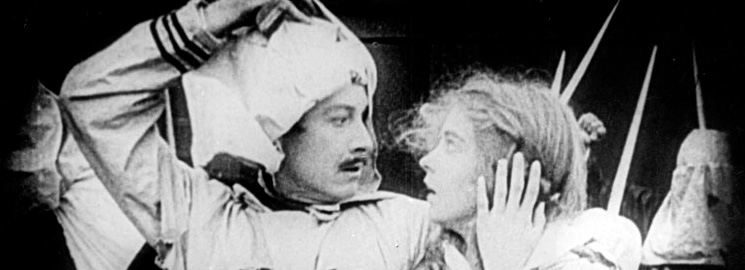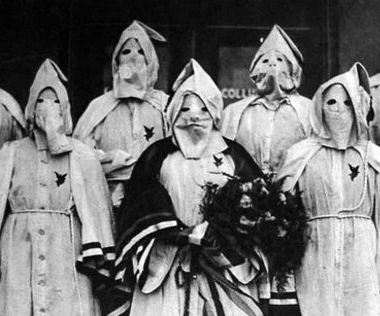White Protestant Nation (1915–1925)
When Terrorism Won in America

White Protestant Nation investigates how new forms and guises of racism developed during the early 20th century. It explores the “rebirth” and reincarnation of the Ku Klux Klan as a mass fraternal order which tried to enforce its version of public morality, and fought against immigrants of “alien cultures.”
- The first half, “A White Man’s Government”, includes the 1920 Election Day mob destruction of Ocoee, Florida in the words of Florida’s own Zora Neale Hurston and contemporary newspaper accounts. We look at perceptual gaps between “objective” reporters, Black and White.
- The second half, “Marketing Racism”, examines the 1915 film Birth of a Nation, which glorified the Klan, and the scandals that eventually undermined the Klan’s “invisible empire.”
Eyewitnesses, participants and their descendants tell their stories, while writers, activists, and scholars debate them.
How the South Won the War and White Protestant Nation were first released in February 2000, as When Terrorism Won in America.



